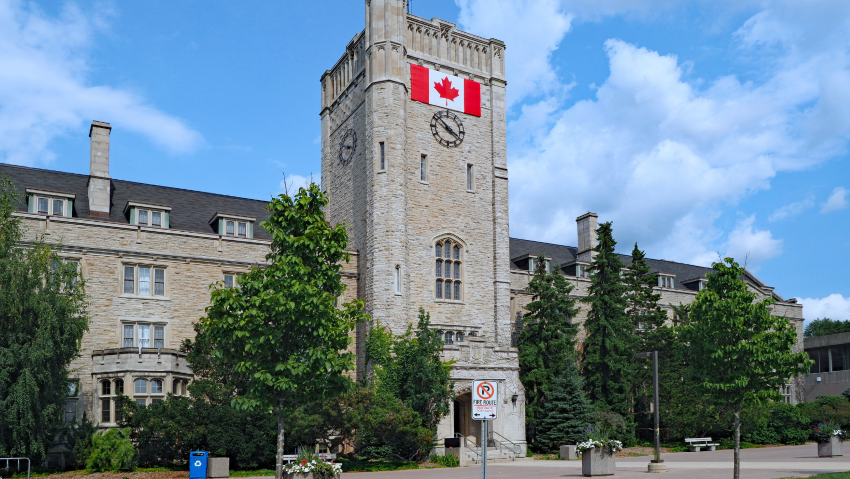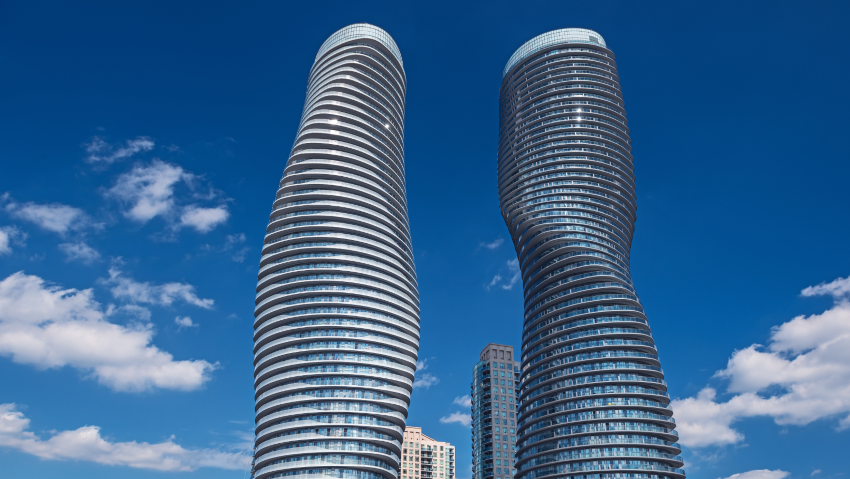Difference Between Canadian PR and Citizenship
The majority of immigrants aspire to become citizens of their adoptive countries. This way they can avail the privileges and rights of being a citizen that included the right to vote. Being an industrialized nation with endless opportunities, Canada is the first choice for everyone.
But before becoming a Canadian citizen, one should get permanent residency status via a relevant immigration program, i.e. PNP (Provincial Nominee Program), Express Entry, Federal Skilled Worker, etc. In Canada, immigrants have to go through a process and fulfill certain requirements to attain Canadian PR and citizenship.
Many people come to Canada with temporary status of a student or worker and later on they apply for permanent residency. However, some applicants can apply from their home country. The essential aspect of being a Canadian PR is that you have to submit an application and prove that you meet the criteria of a particular PR program. If an application gets accepted, you have to undergo a test and an interview. Once you pass the test and interview, you take Canadian citizenship oath.
While, to get citizenship in Canada, you also need to follow strict guidelines and to start with, you should have a permanent resident status and minimum 18 years of age. Additionally, as a permanent resident, you should live for a minimum term of three to four years, to be well-versed in English or French language, have clean criminal record and proper documentation.
Differentiating Canadian PR with Citizenship
If we talk about the difference between PR and citizenship in Canada, we can say that a 'landed immigrant' with a permanent residency visa is not a Canadian citizen. Every year, the country grants Canada citizenship to over 200,000 people with a right to work and petition for immediate relatives like spouses and unmarried children. But, permanent residents do not have the right to vote, run public office, join military, and are also subject to deportation.
To add further, a permanent resident remain citizens of his/her home country. This comes with both advantages as well as disadvantages. If you are planning to be in Canada temporarily, a green card is definitely a better option. You get an access to social benefits, including health care coverage, right to live, study and work anywhere in Canada. You can also enjoy Canadian Charter of rights and freedoms and Canadian law and the right to apply for Canadian citizenship.
However, a disadvantage is that if you are out of the country for over a year, your PR status will be revoked. Additionally, you don't get a Canadian passport, you can travel outside the country on a valid PR card or PRTD (Permanent Resident Travel Document) and your home country passport.










